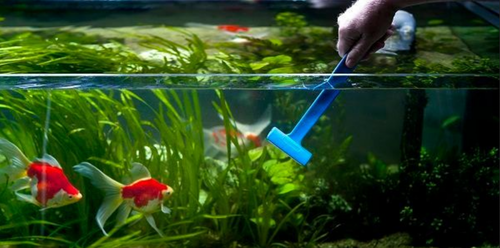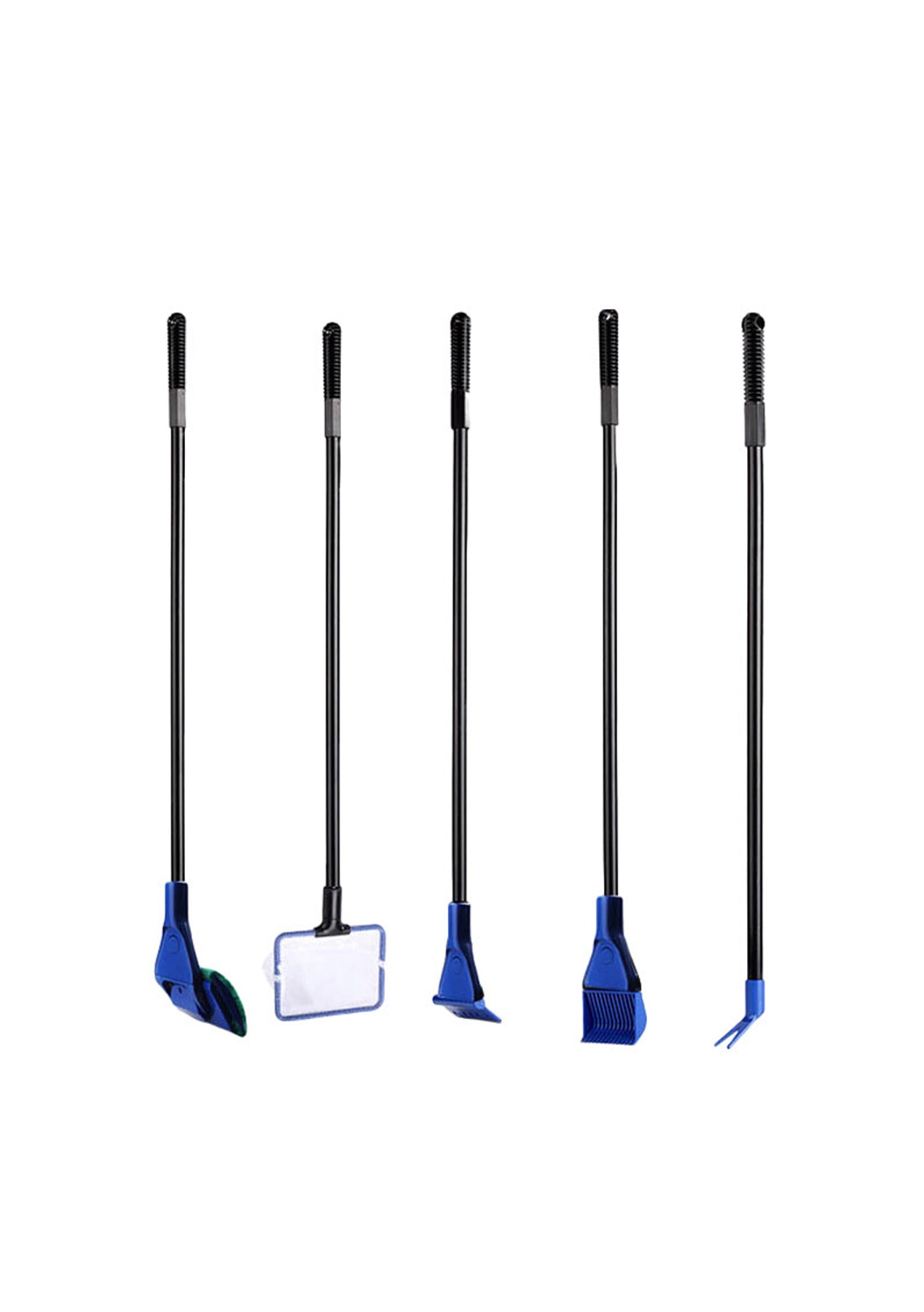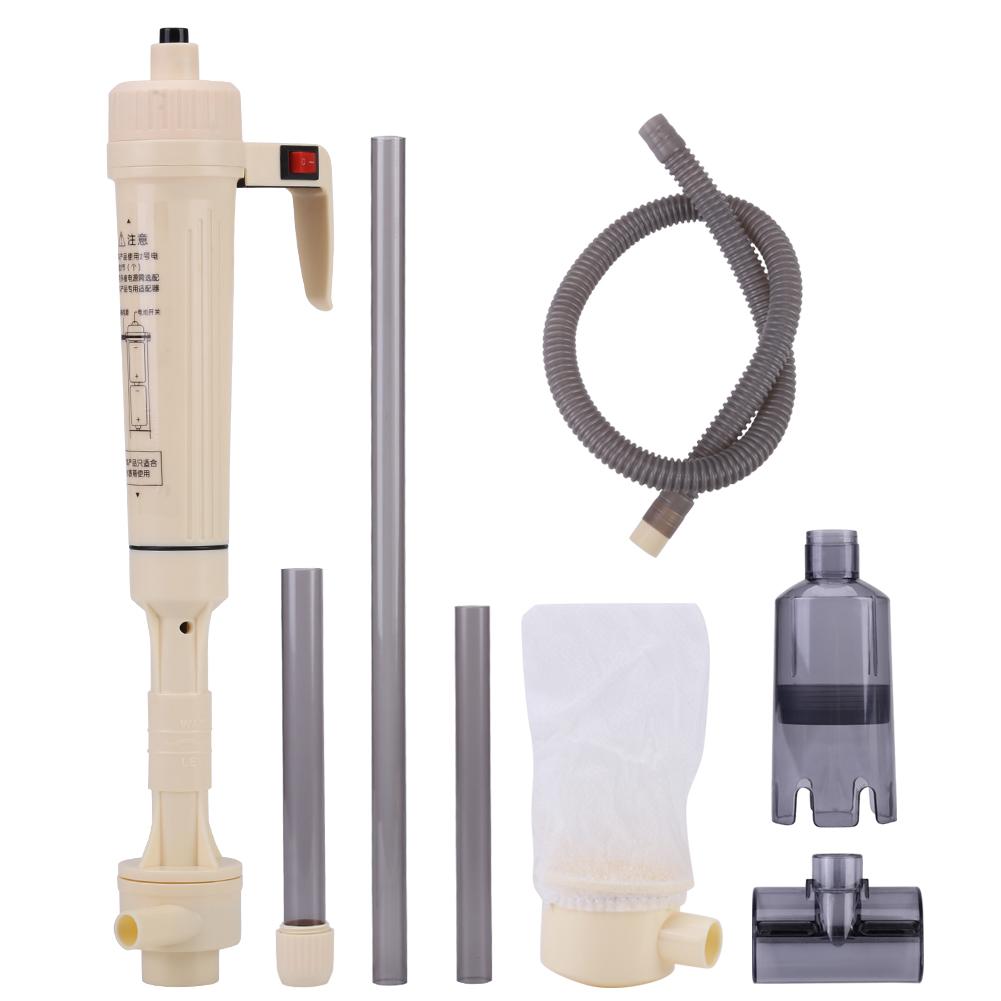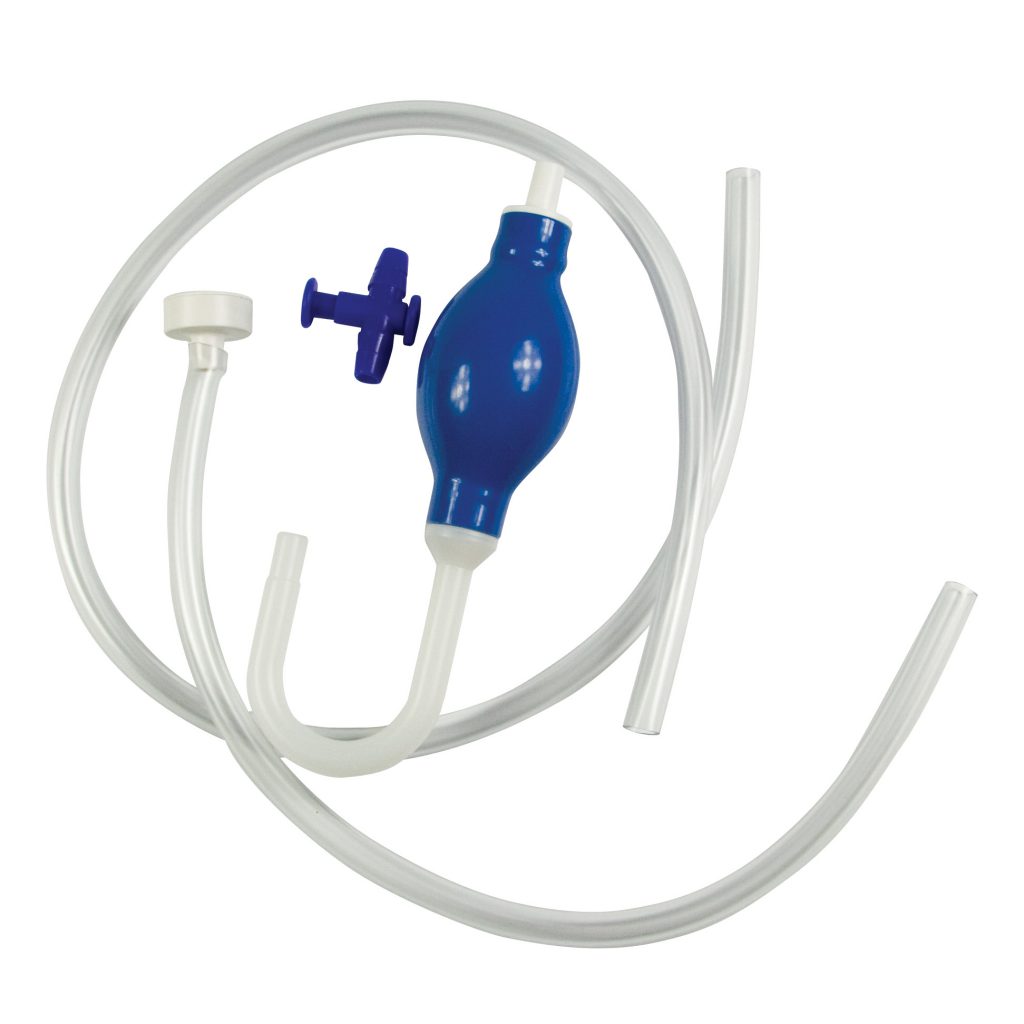
Best Aquarium Maintenance ( Tank Care & Guide )
Aquarium Maintenance
It’s not just the fish in a healthy aquarium that is alive. It’s the entire system. With a little planning, you can keep that system beautiful for years, with very little effort. Let’s see how to minimize the danger of your fishtank becoming just another chore.

If you think of your aquarium maintenance as a garden, you’re off to a good start. What does this mean in practical terms?
Most fishkeeping projects end in failure. New aquarium maintenance often acts like gardeners trying to grow flowers in a driveway full of crushed gravel. Their fish end up like cut roses, looking lovely for a few days, then fading. As the dying aquarium grows ugly, it gets discarded. Nothing could be more logical, or avoidable.
gravel. Their fish end up like cut roses, looking lovely for a few days, then fading. As the dying aquarium grows ugly, it gets discarded. Nothing could be more logical, or avoidable.
The key to success with fish is to pay attention to their artificial habitat. With a little help, your tank will take care of your fish.
Place your new tank out of direct sunlight (to avoid annoying algae growth) and in a calm place within your home. Make sure you can see it, as out of sight is out of mind. Along with your heating and filtration systems, you should have a simple light timer, set for 12 to 14 hours. It’s a bad idea to buy a hood that will not work with a timer, as you want your new closed ecosystem to be as self-sufficient as possible.

Live plants are a great help, and the key to plant growth is consistent light. Live plants are more than decorative. Like trees in our terrestrial
environment, they help filter out pollutants.
It’s a lot of work to garden without the wide range of creatures that keep things moving on this planet. In a healthy aquarium, the right bacteria are essential. The beneficial bacteria that colonize every surface in your tank(especially the filter) will help break down toxic fish and food wastes into less dangerous compounds. In an upcycled, sterile aquarium, wastes can easily poison your fish.
If you have prepared the ground, aquarium maintenance becomes easy. The most important job is to change part of your water, every week or two. 25% is a good amount.
Don’t count evaporated water as part of your water changes, because pollution will be concentrated on what remains. aquarium maintenance Turn off your heater, and siphon water from the bottom, ideally using a gravel vacuum hose from your local pet shop. Remember to use conditioned replacement water, and to pay attention to the temperature. Plug the heater back in when you’re done!

You should have a pail you use only for the fish tank. Soap is a dangerous thing for a fish, as it cuts away its protective body slime (and immune system). If you siphon wastewater into a clean bucket, you can then rinse filter sponges (if you have that system) in it.
You should maintain your aquarium maintenance regularly, respecting the manufacturer’s instructions for the many different systems on the market. Remember, a sterile filtration medium is less efficient than one loaded with friendly life. However you clean your filter, you will want to remove accumulated dirt without killing the beneficial bacteria that help keep your fish alive.
Part of your aquarium maintenance regime is how you feed your fish. Feed sparingly! Overfeeding is a great way to kill fish and crash aquarium maintenance systems. Give the fish only what they can eat in a minute or two, once or twice a day. If they get fat, you will shorten their lives, and the extra food will increase your work. Always do a water change after a food spill into the water.
Algae is a common problem. It’s hard to generalize, but brown algae are often the result of too much food and too little light. Slime algae (Cyanobacteria) is a foul-smelling, hard to eliminate the pest. With water changes and a radical reduction in light, it can be beaten back. Once it’s gone, watch out for overfeeding your fish, and return to 12 to 14 hours of light a day.

Green algae isn’t always a bad thing, in moderation. Many fish will also eat it. If it gets onto your front glass, you can purchase scrapers at any good pet store.
Remember, you want clean aquarium maintenance, not a sterile one. Your fish tank should be living if the artificial ecosystem. If you get Mother Nature on your side and help her along, youšll enjoy fishkeeping for years.
Medical and care advice on this article is for your knowledge and information only. It is not a substitute for a veterinary appointment or an actual diagnosis for your pet. If you feel your pet has a health or behavior problem please consult your veterinarian immediately for specific advice tailored to your individual pet.
